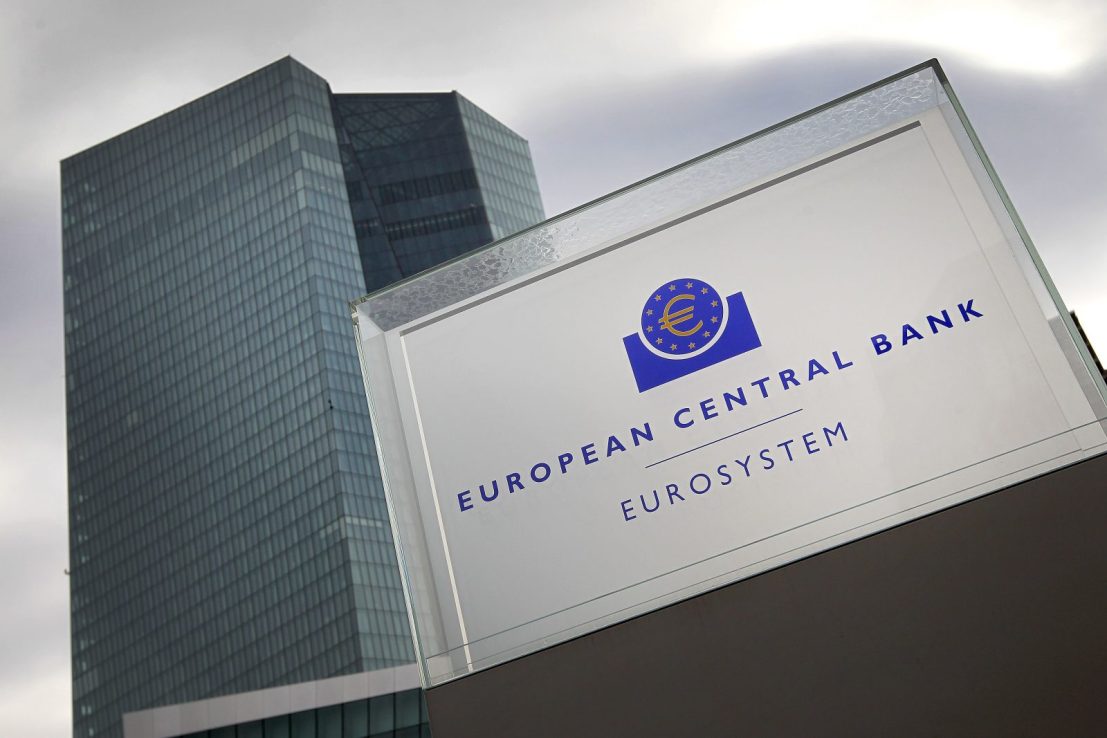ECB keeps interest rates at record level as concerns over inflation persist
Figures out last week showed that inflation across the bloc fell to 2.6 per cent in February. While this was down from 2.8 per cent in January, it was higher than the 2.5 per cent expected by economists.


The European Central Bank (ECB) has left interest rates on hold for the fourth consecutive meeting with policymakers continuing to flag concerns over the persistence of inflation.
The decision means interest rates across the bloc remain at their highest level in more than two decades. The eurozone’s key interest rate remains at 4.00 per cent, the main refinancing rate at 4.50 per cent and the marginal lending facility at 4.75 per cent.
The ECB noted that inflation has “declined further” since its meeting in January, but warned “domestic price pressures remain high, in part owing to strong growth in wages”.
“The Governing Council’s future decisions will ensure that policy rates will be set at sufficiently restrictive levels for as long as necessary,” it said.
Speaking after the decision, Christine Lagarde, president of the ECB, said: “We are making good progress towards our inflation target…but we are not sufficiently confident.”
“We clearly need more evidence,” she argued. “We will know a little more in April, but we will know a lot more in June”.
Like central banks all over the world, the ECB is wary of cutting interest rates too early before inflation is undeniably under control.
Figures out last week showed that inflation across the bloc fell to 2.6 per cent in February. While this was down from 2.8 per cent in January, it was higher than the 2.5 per cent expected by economists.
Core inflation also came in ahead of expectations due to the persistent price pressures in the services sector. Services inflation stands at 3.9 per cent and has hardly budged for the last four months.
Policymakers are particularly concerned by the prospect of stubborn wage growth putting up costs.
Wage growth across the bloc fell to 4.5 per cent in the final quarter of last year, down from 4.7 per cent but still above the three per cent rate of growth consistent with the two per cent target.
Unemployment also remained at a record low of 6.4 per cent in January, adding to the ECB’s hawkish bias.
Lagarde said “I wish everything was closer to our target – but we are not there yet”.
With important wage data covering the first quarter of this year only being published in May, the central bank is very unlikely to cut interest rates before June – its first meeting after the data is published.
Although markets will have to wait for cuts, growth across the bloc has subsided under the pressure from higher borrowing costs. “Past interest rate increases continue to weigh on demand,” the ECB acknowledged.
The eurozone stagnated in the final quarter of last year as it was weighed down by poor performances from France and Germany.
Looking into next year, the ECB now expects the euro area to grow 0.6 per cent in 2024, below its previous forecast of 0.8 per cent, before picking up to 1.5 per cent in 2025.



